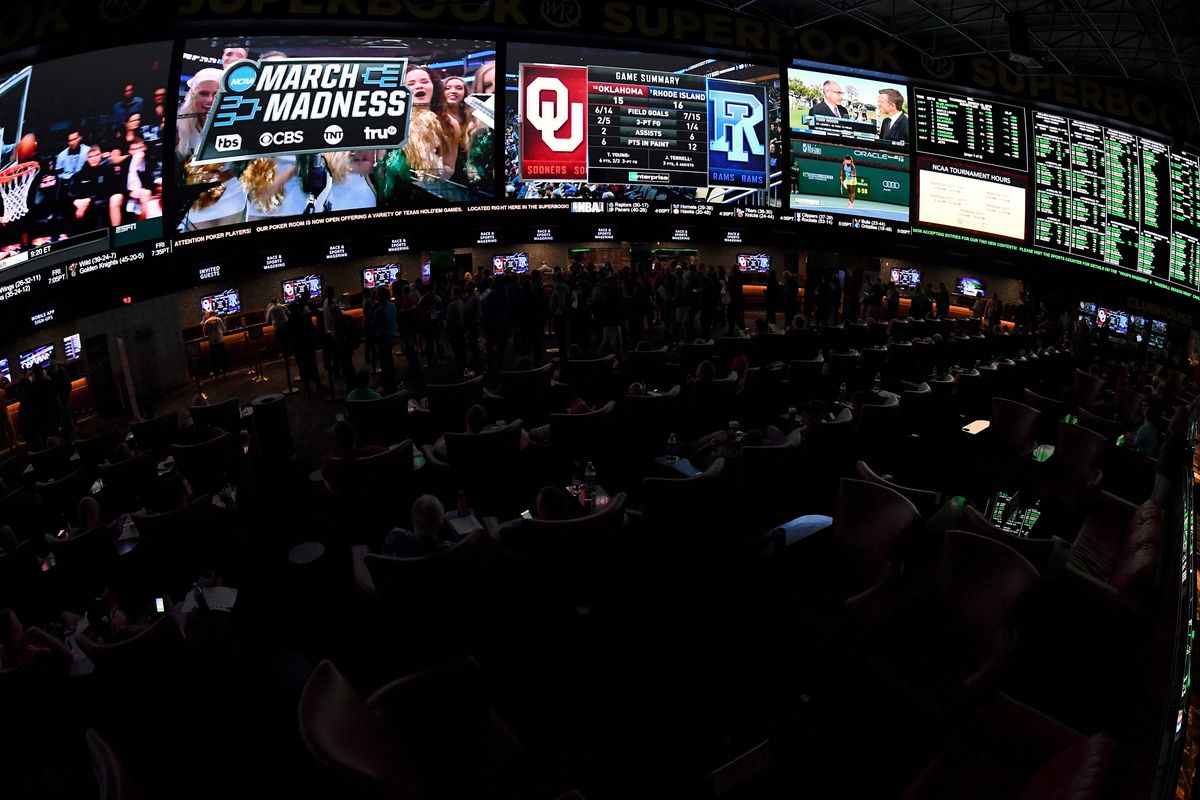OK, we know that everyone is super excited about the fact that regulated sports betting has come to the United States. However, the market is not exactly a novice one, with billions of dollars being spent across the country betting with illegal bookmakers and offshore sports betting sites. With this much money being bet illegally, along with the millions of Fantasy Sports players and those who choose the lottery-driven parlay games, there are a lot of people to easily convert to legal sports betting in every state where it will become regulated.
This is clearly why so many huge sportsbook brands have joined forces with U.S. properties to assist in running sportsbooks. The partnerships that have already been created include massive brands like 888 and William Hill. In one case, two huge brands joined forces when Paddy Power Betfair bought FanDuel, using the latter’s established brand to launch a sportsbook at the Meadowlands recently.
However, things got off to a rocky start, when it was discovered that the lines being offered by the sportsbook very priced way outside of the norm. In some cases, the “juice” was nearing 3 times the industry standard. It didn’t take long for the gambling public to set flame to this issue on Twitter, and within days the company had lowered some of the lines. They still remain pricey though, which leads us to the question: Why would they do this?
They think the excitement will blur vision
Legal sports betting is new, and as a result, it has been on basically every newscast for a couple of months now. There is without question a frenzy of activity that has ensued, including some very impressive early numbers from each of the states that have launched since the PASPA repeal in May. However, the early demand would have come from more seasoned gamblers, and these people would have noticed the increased betting prices right away. The issue here is that the legal sportsbook needs to be a competitive option for players who already make bets elsewhere, so the bookmakers should try to ensure that their pricing model doesn’t get out of control.
They are focused on the general public
There is an argument that can be made that the new betting regulations will bring in a significantly larger audience of new gamblers and that these gamblers may not notice or care about the fees. This can be further proven by the 10% fees that Daily Fantasy Sports players are used to paying, or that the sports lottery games tend to pay far worse odds than traditional sportsbooks on the parlays being bet. However, this is a very shortsighted view, as players who notice their bankrolls dwindling due to fees will likely react the same way they do to banking fees – with outward displeasure.
The U.S. Sportsbook model isn’t profitable
We are all aware that one of the reasons that the state governments are pushing sports betting so savagely is that there is a lot of tax revenue to be collected. Tax rates will vary from state to state, but one thing is clear -it won’t be cheap for operators. Many operators have threatened to pass those costs on to players, but as can be seen in the Fanduel Sportsbook experience, players won’t be pleased about it.
What can be done?
The bottom line here is that this pricing decision was not made by sportsbook managers who didn’t know the risks. There is enough knowledge within both the Fanduel and Paddy Power camps to know that these bet prices were going to be controversial, which is why we think ultimately it had to be a cost-based decision. This backfired, but the good news is that these are still early days for regulated sports betting in the United States, so there is plenty of time to recover. However, in the Twitter age, these decisions will be publicized very quickly, so Fanduel and other sportsbooks are going to need to be on top of managing these prices to ensure there is no social media outrage. This is a highly competitive industry, and the worst case scenario would be to bring a whole new group of bettors into the mix only to have them marketed to by offshore books offering them a huge discount.
We’ll keep an eye on any further backlash against Fanduel, and if any of the other New Jersey sportsbooks make changes as a result of what happened at the Meadowlands.




